"It shall be the overall responsiblity of the Republic of Fiji Military Forces to ensure at all times the security, defence, and well-being of Fiji and all Fijians." | 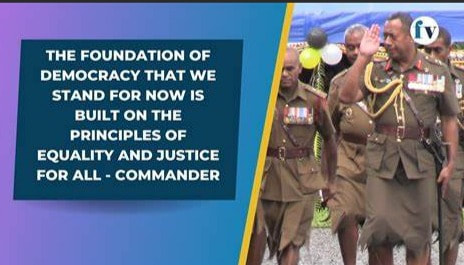 |
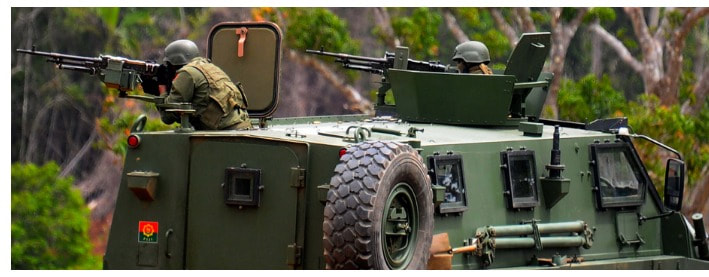
"The military must be able to “pay its way” when [Rabuka's Coalition] Government funds are scarce...The military, as with all arms of Government, needs to see its future activities as part of a more efficient and effective and fiscally responsible government delivering outcomes consistent with an agreed national vision and development plans built on that national vision."
RICHARD Naidu's Fiscal Review Commission Report, May 2023.
*The FRC doesn't mention the RFMF's constitutional role as mandated in the 2013 Constitution of Fiji
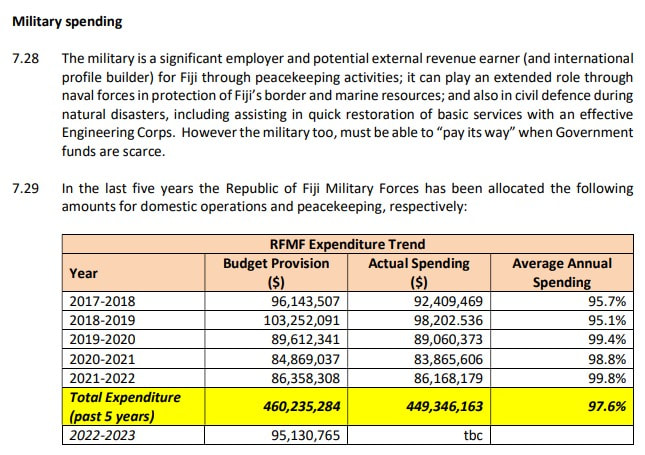
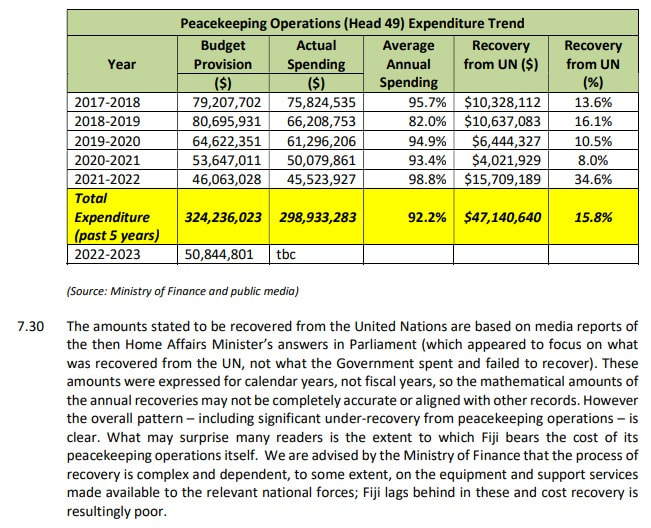
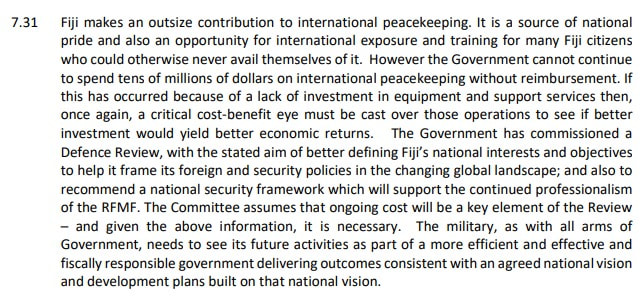
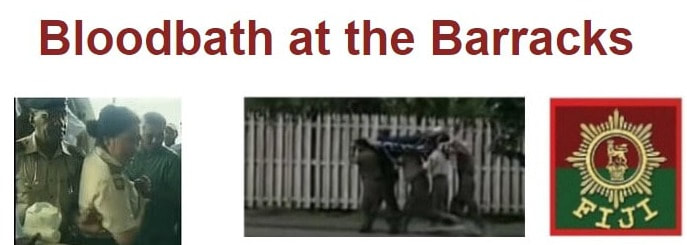


Ratu Jone Rasari of Verata Ucunivanua sought clarifications on Section 131 (2) of the 2013 Constitution, which states the overall responsibility of the RFMF is to ensure the security, defence, and well-being of Fiji and Fijians at all times.
In response, lawyer and Review Committee member Graham Leung says Section 131 of the constitution states that the military shall be responsible for the security and well-being of all the people of Fiji.
“That provision in the constitution is controversial, but I think there has been a misunderstanding of what that provision means. The army is subject to civilian authority, and when you look at the constitution as a whole, this country is governed by a government that has been established under the constitution.”Leung further clarifies that in a Western surveillance democracy like Fiji, the elected government has executive powers, and all other institutions are subordinates and must listen to the government.


